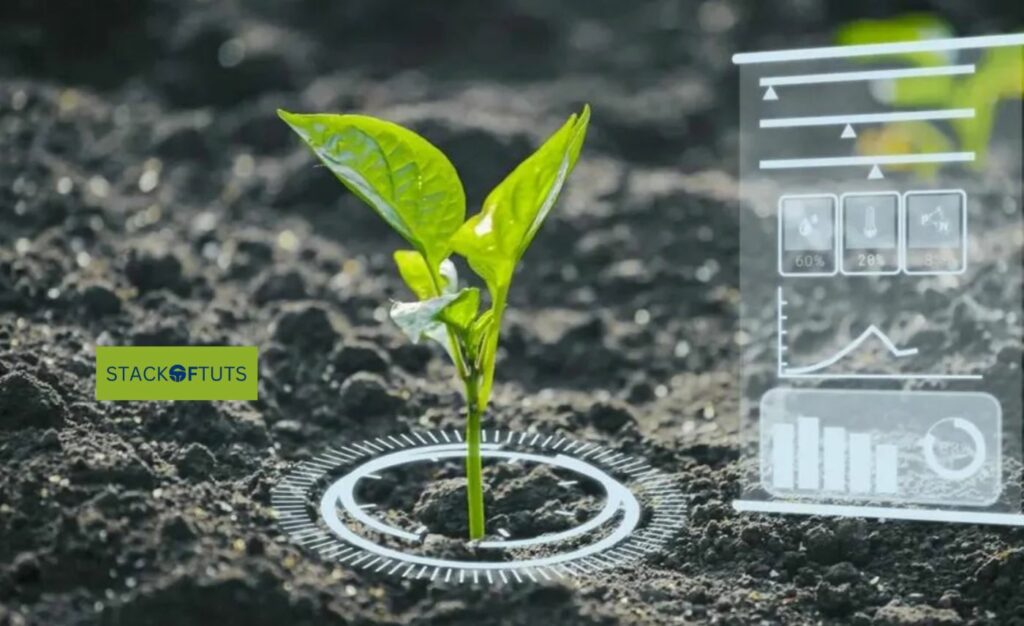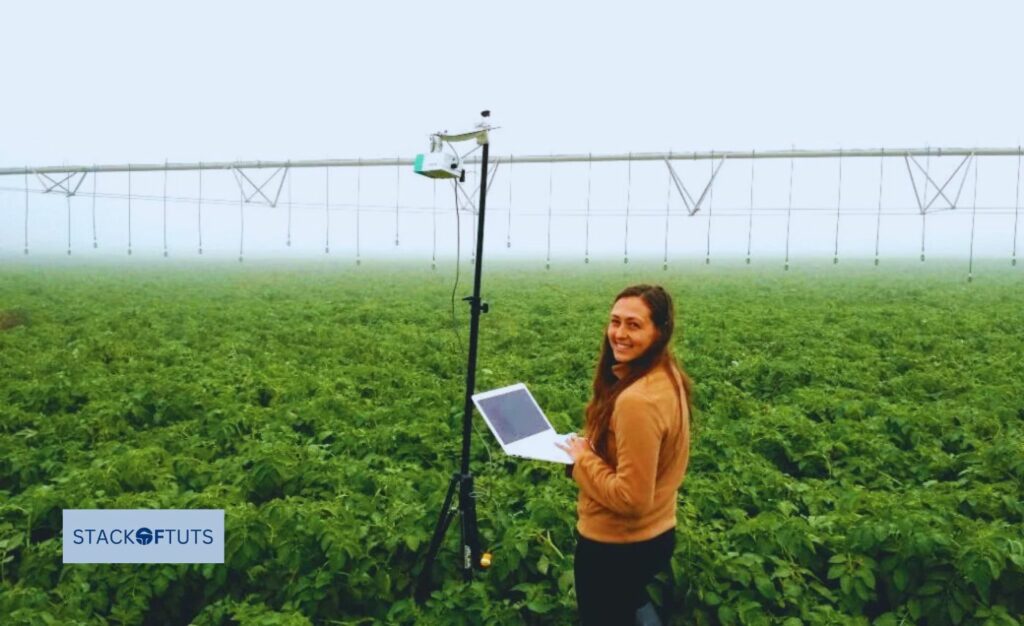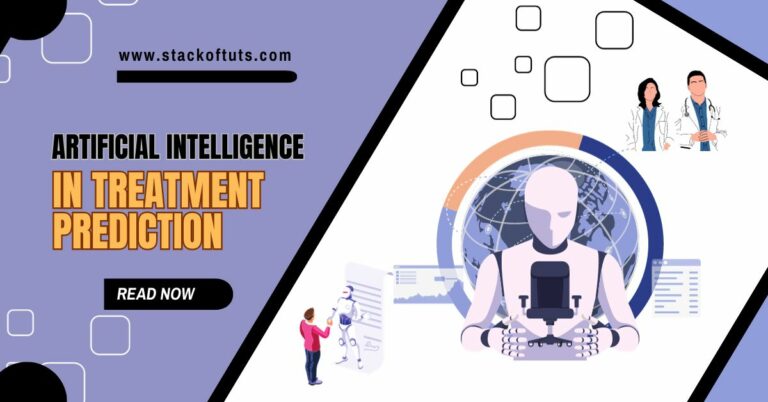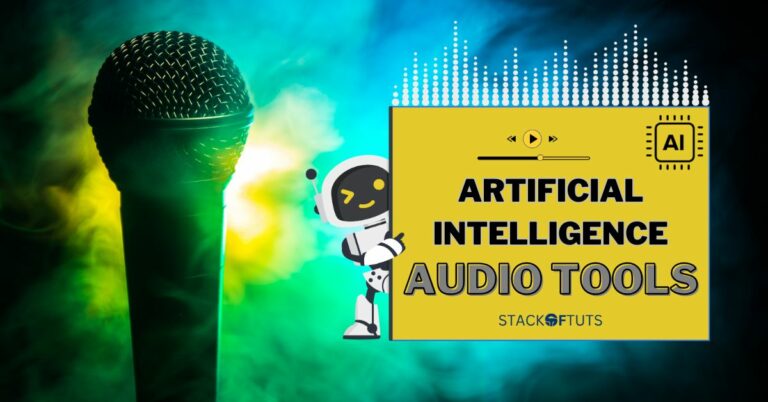
“In the ever-evolving world of technology, Artificial Intelligence (AI) has emerged as a beacon of hope for numerous industries, and agriculture is no exception. This remarkable fusion of tech and farming is reshaping how we approach the age-old practice of growing food. From predicting weather patterns to optimizing crop yields, AI in agriculture is not just a futuristic concept—it’s a present-day reality transforming green fields into smart farms. In this exploration, “How can AI help in agriculture?” We delve into the myriad ways AI is sowing seeds of innovation in agriculture, making it more efficient, sustainable, and bountiful. Join us as we unearth the digital revolution taking root in our very own backyards, promising a future of farming that is smarter, not harder.”
For a complete guide also read about Artificial intelligence used in Agriculture dive into this link for exclusive insights and captivating discoveries!”
What exactly is AI?
Arrange, AI mirrors human thinking within machines. These smart machines, designed to process and learn like us, handle tasks that vary from straightforward calculations to intricate tasks, previously relying on human thought. The world of AI involves layers like machine learning, deep learning, and neural networks. These layers collaborate to form systems that can digest data, learn from it, and decide based on this knowledge.
Is AI relevant to agriculture?
AI’s role in agriculture is no longer just a concept—it’s a reality today. With the enormous data produced in farming, from soil quality to shifting weather patterns, AI provides crucial insights to help farmers. Utilizing this information, they can optimize irrigation, detect pests early, predict crop yields, and more.
How Can AI Help in Agriculture? Key Areas of Impact
1. Precision Agriculture

With the aid of AI, farmers can now utilize precision agriculture, which allows them to use the optimal amount of water, fertilizers, and pesticides. AI-powered drones capture aerial imagery of farms, analyze the data, and provide insights about the health of crops, moisture content, and pest infestations. This ensures resources are utilized efficiently, reducing waste and costs.
2. Disease Detection and Management

One of the significant challenges in agriculture is the early detection and management of diseases. AI-enabled cameras and sensors can identify signs of diseases not visible to the naked eye. By recognizing these early signs, farmers can take immediate action, ensuring better crop health and higher yields.
3. Yield Prediction

Another critical area where AI shines is in yield predictions. Using historical data combined with real-time farm data, AI algorithms can forecast yields with impressive accuracy. This helps farmers plan their harvests, storage, and sales more efficiently.
4. Automated robotic solutions

From robotic weeders to fruit-picking robots, AI-driven machines are now making their presence felt on the farm. These robots can work day and night, ensuring tasks are done faster and more precisely than by human hands.
5. Resource Management

A big part of farming involves resource management. “How can AI help in agriculture” in this regard? AI can monitor soil health and moisture levels, predict weather patterns, and even suggest crop rotations. All these lead to better resource utilization, ensuring sustainability.
How is AI being used in agriculture today?

- Drones: Utilizing cameras and sensors, drones monitor crops and livestock, spot pests, detect diseases, and map fields. This aids in effective crop management and livestock upkeep.
- Precision agriculture: Through AI, advanced precision agriculture tools like tailored irrigation and fertilization are emerging. These methods promote accurate water and nutrient distribution, offering cost savings and eco-friendly benefits.
- Robotics: Farm tasks such as weeding, harvesting, and milking are increasingly automated using AI-driven robots. This not only enhances productivity but also allows farmers to concentrate on other important aspects.
- Predictive analytics: With the aid of AI, predictive models are crafted to estimate crop outcomes, livestock production, and more, enabling farmers to strategize better for their ventures.
Understanding the Ethical Implications of AI in Farming

When introducing AI into the agricultural sector, there are several ethical factors we must keep in mind:
- Data Control and Confidentiality: AI thrives on data, often collecting detailed information about farmers and their operations. Proper handling and safeguarding of this data is crucial. It’s essential to guarantee that farmers retain ownership of their data and have the option to withdraw it from AI analyses if they choose.
- Potential for bias: AI’s judgments mirror the data it’s fed. If the input data has biases, the AI outputs might also show those biases, possibly leading to unjust decisions. Recognizing and rectifying these biases is vital to ensuring fairness.
- Clear Decision-making Processes: AI models, due to their complexity, can sometimes feel like a “black box,” making their decision processes hard to decipher. For farmers to trust and effectively utilize these systems, it’s important that the AI’s decision-making is transparent and comprehensible.
- Impact on Employment: As AI tools become more advanced, there’s a possibility they might replace certain jobs in agriculture. It’s essential to think about how this could affect the farming community. Measures should be put in place to help those whose roles might be made redundant due to AI advancements.
- Prioritizing Animal Rights: While AI offers promising tools for enhancing livestock health monitoring, it’s critical to ensure these tools prioritize animal welfare. Any AI-driven approach must always consider the well-being of the animals in question.
FAQs
AI, or artificial intelligence, is the simulation of human intelligence in machines, allowing them to think, learn, and make decisions. In agriculture, AI processes vast amounts of data from farming activities, offering insights for improved crop yield, pest control, and efficient farming practices.
Through enhanced predictive analytics, AI can analyze data from various sources, such as soil conditions and weather patterns. This analysis can forecast potential outbreaks, allowing farmers to take preventive action and reduce crop damage.
Precision farming involves applying the exact amount of water, fertilizers, and pesticides precisely where they are needed. AI-driven tools and drones provide accurate data and recommendations, ensuring minimal waste and maximum crop health.
Robots equipped with AI can handle repetitive tasks like planting seeds, harvesting crops, and weeding. This automation reduces manual labor requirements, leading to cost savings and increased efficiency.
Conclusion
The question of “How can AI help in agriculture?” is multifaceted and expansive. From automation to analytics, the benefits of integrating AI into agriculture are transformative. As the world grapples with challenges such as climate change and increasing food demand, AI emerges as a beacon of hope, promising sustainable, efficient, and advanced farming solutions for the future.
Thanks!





